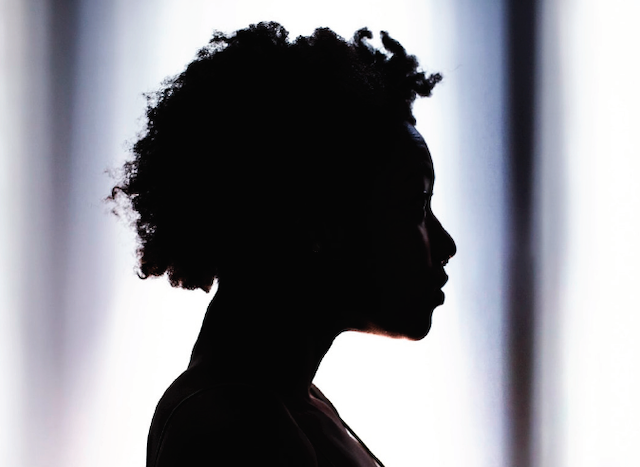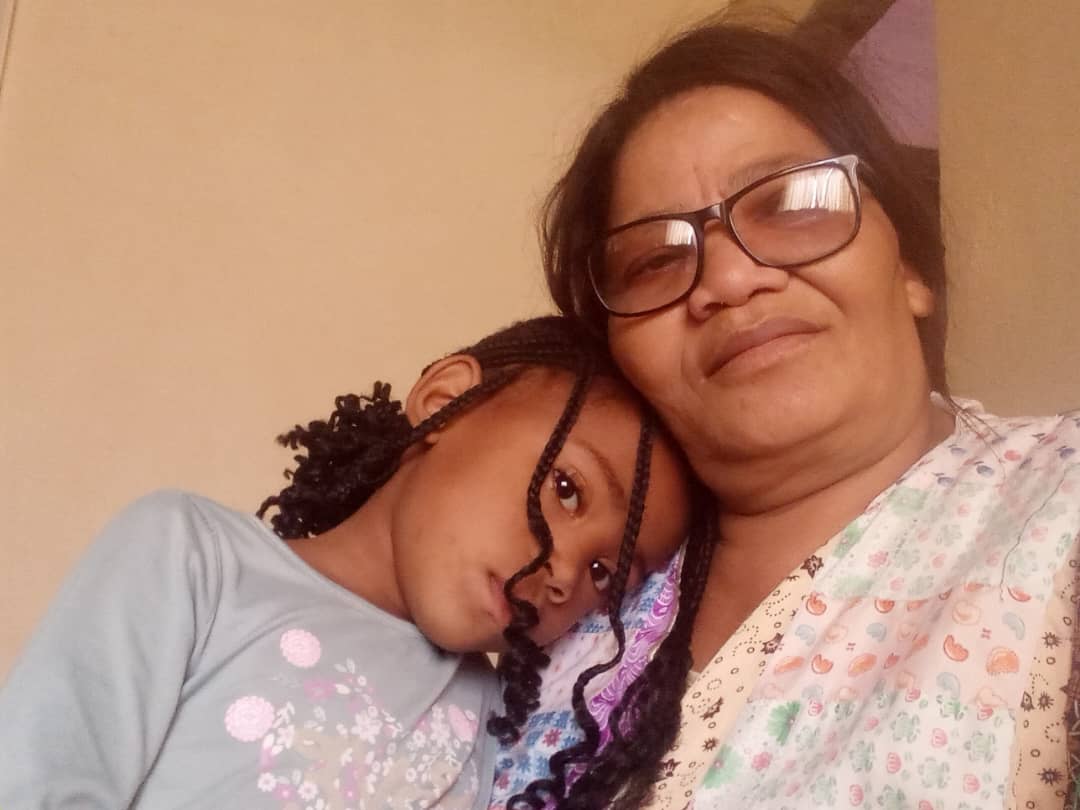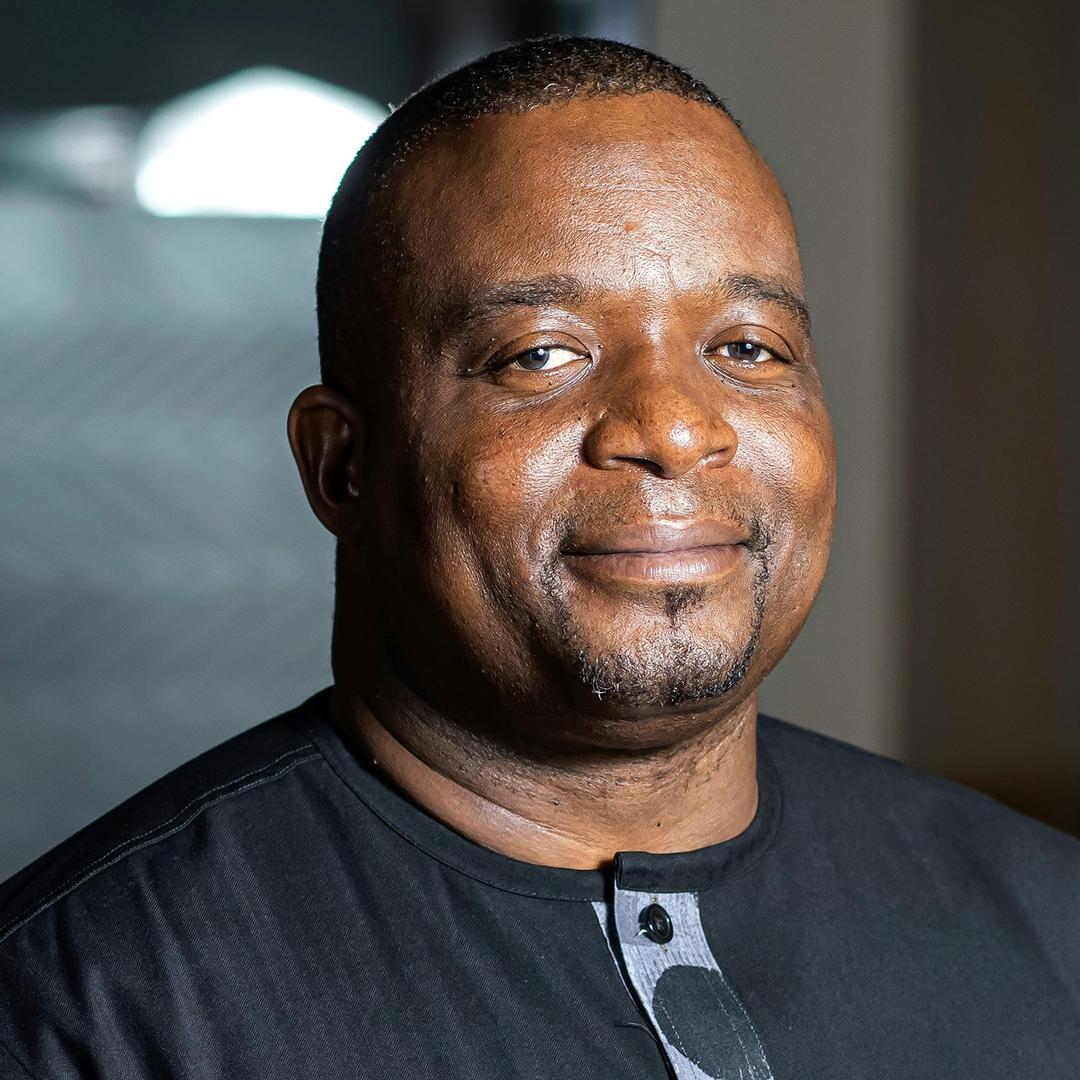SHE still cannot erase the dark memory of the day she overdosed on pills in order to induce an abortion in 2010.
The incident landed *Ndinelao in hospital where she was treated for severe bleeding.
Ndinelao took the pills knowing she would experience severe side effects but her desire to terminate the pregnancy was greater than the risk.
“My father would not have been happy if he found out I was pregnant, and I didn’t want a baby that time either,” she recalls.
She was in Grade 10 at the time and her parents at the village expected her to finish school and make something of her life.
Due to these expectations from her loved ones and fears of stigma, Ndinelao, who was living with an uncle at Okahandja at the time, desperately started thinking of ways to safely terminate her four-month pregnancy.
“When I found out I was pregnant, I felt bad. I was in school and felt shy to return to school,” the soft-spoken young woman told The Namibian in an exclusive interview last Friday.
During the interview, Ndinelao donned a plain white T-shirt and blue jeans with pumps. Her hair was neatly braided in corn rows.
She had taken time from her work as a domestic worker to open up about a very difficult and painful chapter in her life. A story she has only shared with a handful of people but which she says has left her scarred for life, even though it happened 10 years ago.
Ndinelao says she was impregnanted by a family friend, whom she called uncle. He was married and her pregnancy would have caused problems at the time.
“The man also refused to take responsibility for the pregnancy,” she continued. She says her only option at the time was to have the abortion, to avoid problems for everyone, particularly herself.
Desperate to get rid of the pregnancy, Ndinelao visited pharmacies on several occasions seeking pills that would be strong enough to induce an abortion, under the pretext that she was sick.
Once she got her hands on the medication (antibiotics) she took them all at once. The overdose triggered the abortion, but also landed her in hospital after she collapsed. She was bleeding profusely as a result of the abortion.
She confessed to the doctor that she took an overdose of antibiotics to terminate her pregnancy.
Three months after the abortion, she continued experiencing dizziness and loss of appetite and had lost a lot of weight. Although she had terminated the pregnancy, Ndinelao said she had formed a bond with her unborn baby whom she said she would have kept had it not been for her circumstances.
This is a decision that has left her with deep emotional scars 10 years later. With little support from a social worker or therapist at the time, she has what her counsellor calls emotional “blackouts”.
The fact that abortion is illegal in Namibia means that women like Ndinelao sometimes put their lives at risk through unsafe abortions.
Social worker Sofia Negonga, who works with the Ministry of Gender Equality and Social Welfare, said after an abortion, it is crucial that women receive counselling and medical attention. Ndinelao said she had gone to see Negonga for counselling as she was struggling to cope emotionally following the abortion.
“When I met her [Ndinelao] in 2018, the feelings were still haunting her. she was still having psychological trauma due to what happened,” Negonga told The Namibian.
She added that Ndinelao, like many women in similar situations, had buried the trauma for years because she did not have professional support at the time.
“Women end up traumatised, and in the absence of post-abortion counselling, they will have a lifetime of psychological blackouts, which is a sign of the trauma they are living with,” she says.
The social worker explained that this may result in the women having emotional changes, anxiety, stress and resentment.
Therefore, psychogenic blackouts may develop after people experience ill treatment or trauma.
“It’s very important to work through with them [women] and get into their life until such a time that they are comfortable with themselves,” she says.
Negongo, who has counselled a lot of young girls and women faced with unwanted or unplanned pregnancies, says her job is to help women make an informed decision before they rush to have an abortion.
There are problems and circumstances surrounding an unwanted pregnancy which she, as a counsellor, works towards understanding before a woman decides to abort.
“Abortion is not the solution to the problem, because they [women or girls] are still sitting with such problems or circumstances,” she says.
Stay informed with The Namibian – your source for credible journalism. Get in-depth reporting and opinions for
only N$85 a month. Invest in journalism, invest in democracy –
Subscribe Now!










